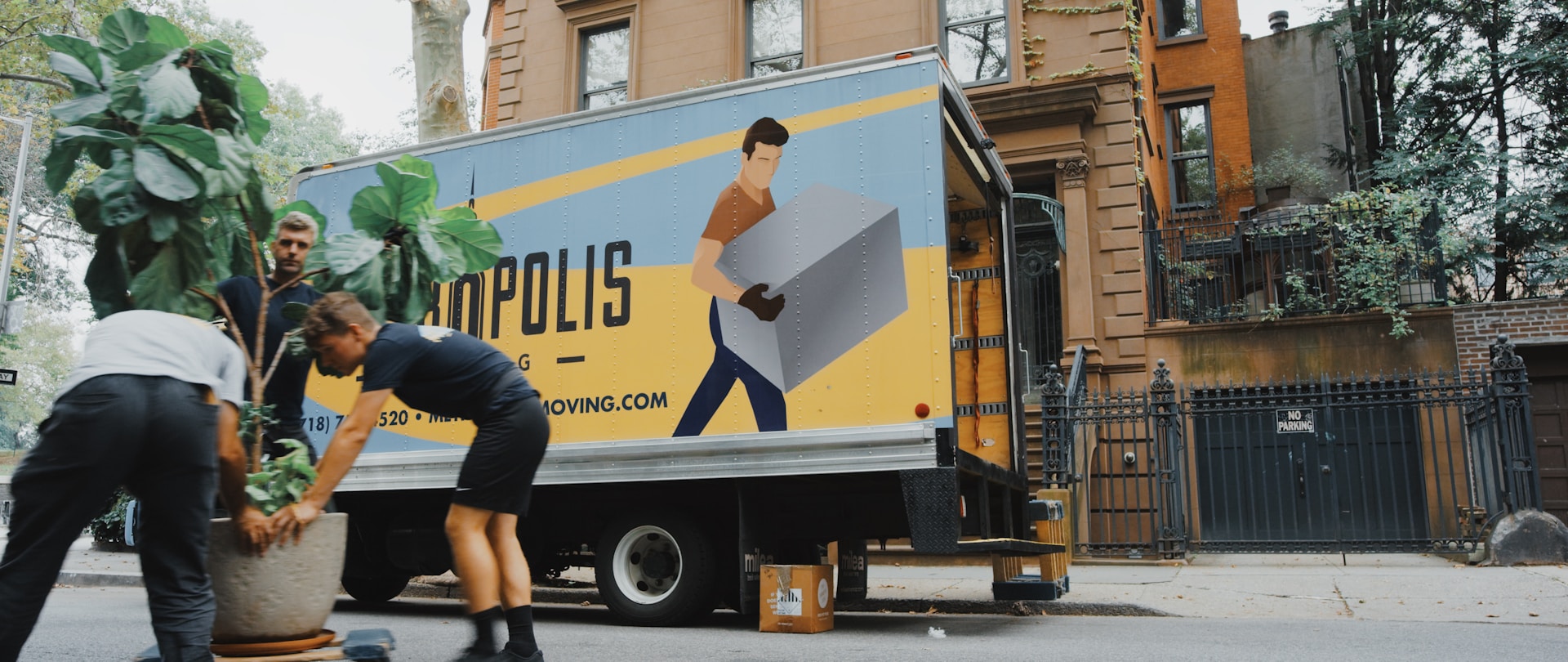Should You Get a Secured or Unsecured Loan to Buy a Small Business?

One of the biggest decisions you’ll face is whether to get a secured or unsecured loan. The type of loan you choose impacts your interest rate, approval chances, and even the risks involved.
Let’s break it down so you can make the right choice for your business purchase.
What’s the difference between Secured and Unsecured Loans?
Secured loans require collateral - something valuable (like real estate, equipment, or inventory) that the lender can take if you don’t repay the loan.
Unsecured loans don’t require collateral. Instead, lenders look at your credit score and business financials to decide if they’ll approve your loan.
Both options have pros and cons, so let’s look at them in more detail
Secured Loans: Lower rates, bigger loan amounts
A secured loan is backed by assets, which makes it less risky for lenders. Because of this, they usually come with:
- Lower interest rates – Since the lender has collateral, they can offer better terms.
- Higher loan amounts – You can borrow more, especially if you have valuable collateral.
- Easier approval – If your credit isn’t perfect, lenders may still approve you based on the collateral.
However, the biggest downside is risk - if you default, the lender can take your assets.
Example: You take out a $300,000 secured loan to buy a laundromat, using the business’s equipment and building as collateral. If you can’t make payments, the lender could seize the property and sell it to recover their money.
Unsecured Loans: No collateral, but higher costs
Since unsecured loans don’t require collateral, they’re riskier for lenders. To make up for that risk, lenders typically:
- Charge higher interest rates – Without collateral, they offset their risk with higher costs.
- Offer lower loan amounts – Lenders are cautious about how much they lend.
- Have stricter approval requirements – You’ll need strong credit and solid business financials to qualify.
The advantage? You don’t have to put up personal or business assets as collateral.
Example: You apply for a $100,000 unsecured loan to buy a marketing agency. Since you don’t have collateral, the lender approves you based on your high credit score and business revenue but at a higher interest rate than a secured loan.
Which loan type is right for buying a business?
Go for a Secured Loan if:
- You have valuable assets (real estate, inventory, equipment) to use as collateral.
- You want a larger loan with a lower interest rate.
- You’re comfortable with the risk of losing assets if you default.
Choose an Unsecured Loan if:
- You don’t have (or don’t want to risk) collateral.
- Your credit and cash flow are strong enough to qualify.
- You need a smaller loan for part of the purchase price.
Other financing options for buying a business
If a traditional secured or unsecured loan isn’t the right fit, consider these alternatives:
- SBA Loans – The Small Business Administration (SBA) offers loans with lower rates and longer repayment terms.
- Seller Financing – The seller allows you to pay over time instead of getting a traditional loan.
- Business Lines of Credit – Like a credit card, you borrow as needed up to a set limit.
- Investor Partnerships – Bring on a financial partner to help fund the purchase.
[Read more about SBA Loans and Seller Financing in our blog post here.]
So, should you get a secured or unsecured loan?
Both secured and unsecured loans can help you buy a small business, but each comes with trade-offs. Secured loans offer lower rates and higher amounts but require collateral, while unsecured loans provide flexibility at a higher cost with stricter requirements. Before deciding, consider how much you need to borrow, your credit and financial situation, and whether you're comfortable using collateral. No matter which option you choose, finding the right lender and loan structure is key. Looking to buy a small business?









